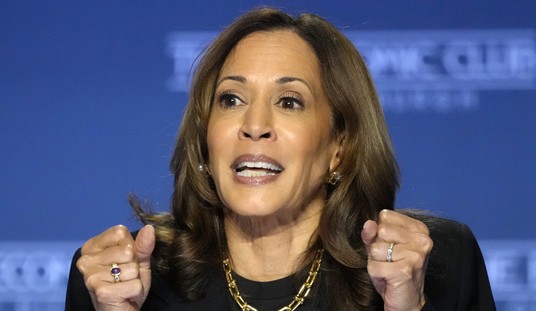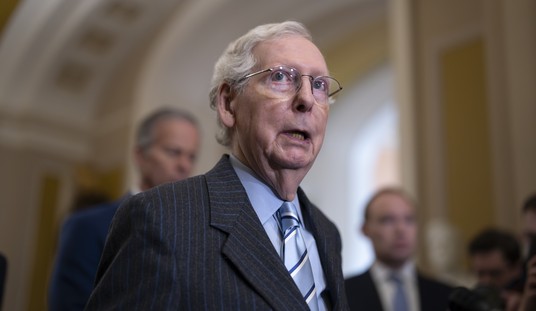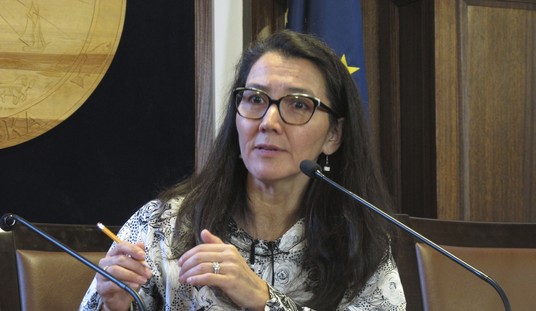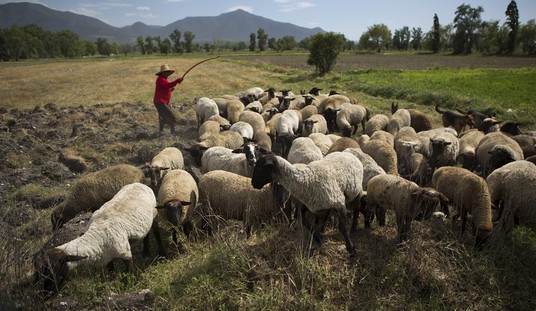At the outset of his presidency, Barack Obama promised to restore America’s great diplomatic stature, weakened in the politically costly wake of its war efforts in Iraq and Afghanistan. Healed by renewed international cooperation, those wounds would be a thing of America’s darker, Republican past, he promised.
But Number 10 never envisioned that Mr. Obama’s overhaul of America’s international relations would come at the cost of its own special relationship. Despite Britain’s political and economic proximity to the United States, that special relationship — invoked in every Anglo-American diplomatic communique from Winston Churchill to George Bush — has waned, diminished in equal proportion to Mr. Obama’s disquieting provocations.
From the president’s endorsement of Eurofederalism to his State Department’s acknowledgement it considers the United Kingdom “just the same as the other 190 countries in the world,” Mr. Obama’s White House has made no secret of its Anglophobic posture on the international stage.
But the president outperformed himself last week, when, in a meeting with French President Nicolas Sarkozy, he gushed that America had no greater partner on the international stage than France.
Nothing — not his promise of neutrality in the British-Argentina conflict over the Falklands or his Oval Office renovation in which he chucked a bust of Churchill — evidenced more the president’s willingness to shift southward America’s great European political alliance.
“We don’t have a stronger friend and stronger ally than Nicolas Sarkozy and the French people,” Obama said at the White House press avail.
The enduring value of Britain’s unique alliance with America is eclipsed, one might argue, for a president increasingly focused on his own domestic dilemmas: A fractured Congress, an uneasy public and compounded threat that his signature health care reforms might be upended by both.
For those who have chronicled Obama’s calculated insults, however, it is more likely the president never held America’s special relationship with Great Britain in any special esteem.
Some, including Obama’s grandmother, have speculated the president carries a lingering grudge against the British, who tortured his grandfather during Kenya’s fight against colonial rule. Obama wrote briefly in his autobiography of his grandfather’s imprisonment, which was said to have lasted more than six months.
As President Obama’s grandmother, Sarah Onyango, recounted in an interview last year with the Daily Mail: “Generally, my grandson has never believed the British do anything for a common good, rather than their selfish interests,”
Whatever the cause of President Obama’s anti-British outlook, its result — namely, a fatigued partnership across the pond — is more concerning.
On the eve of the G20 summit in Pittsburgh, former UK premier Gordon Brown’s requests — no fewer than five, according to aides — for a meeting with President Obama were rebuffed. During that same period, the president held meetings with Russian President Dmitry Medvedev, Chinese President Hu Jintao and Japanese Prime Minister Yukio Hatoyama.
Even when Obama has been unfaithful, America’s compatriots across the Atlantic have held up their side of the bargain. England’s steadfast commitment to the special relationship forged decades earlier has been no where more evident than her cooperation in America’s war on terror.
Like candidate Obama, who once called the Afghan front the “war we need to win,” the Brits appreciated the necessity of the military incursion, realizing the promise Prime Minister Margaret Thatcher made to Ronald Reagan three decades ago: “Your problems will be our problems and when you look for friends we shall be there.”
Providing the second largest troop contingent to the Afghan military incursion with nearly 9,500 soldiers, over 345 British servicemen have perished on the battlefields of Afghanistan since 2001. France, meanwhile, provided 63 percent fewer troops.
And yet for Obama, France has succeeded the United Kingdom as America’s greatest ally.
In administrations past, Britain was not merely another country. So, too, in the Obama era of mending international geopolitical fault lines is Britain not considered just another country: It’s decidedly less.














Join the conversation as a VIP Member